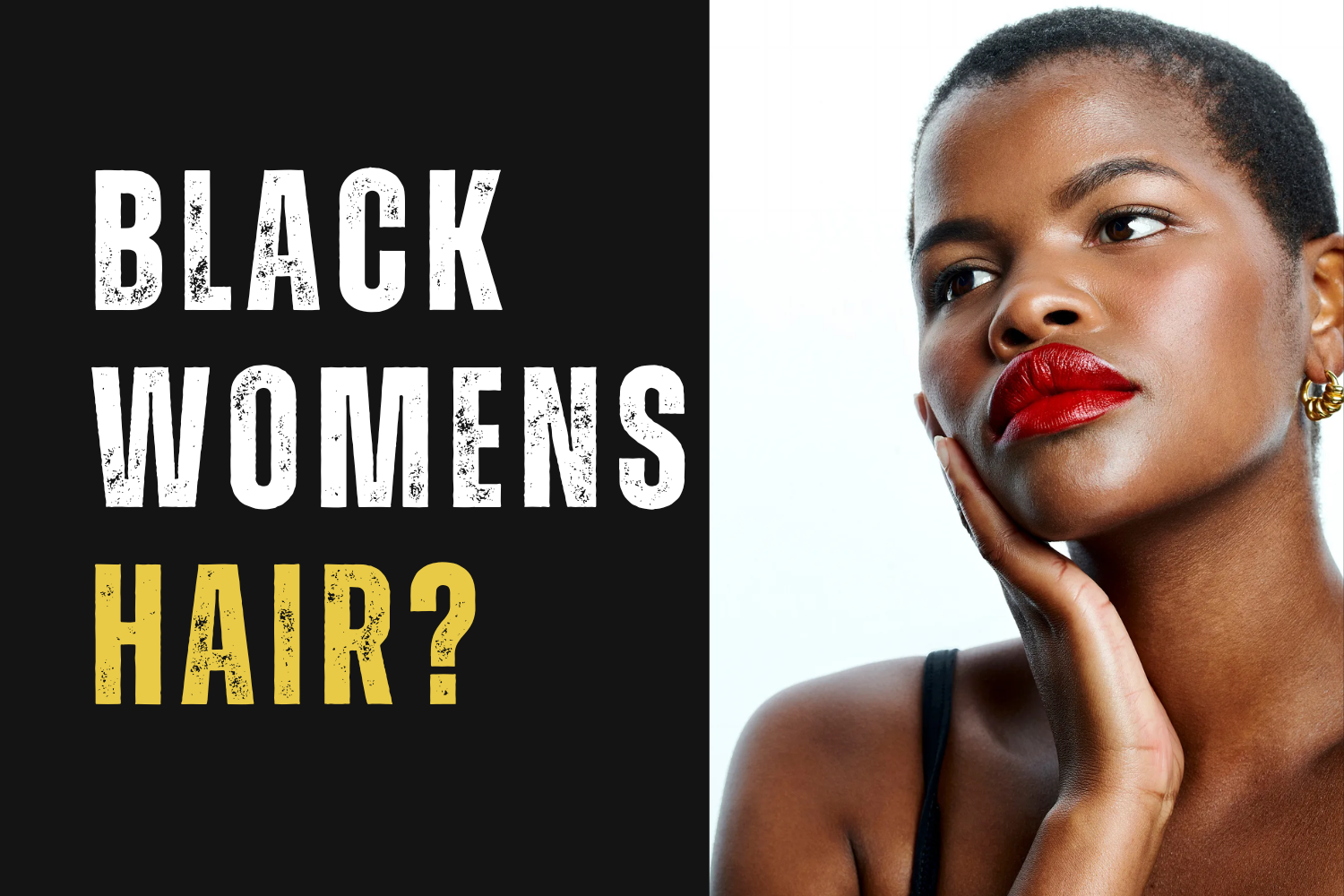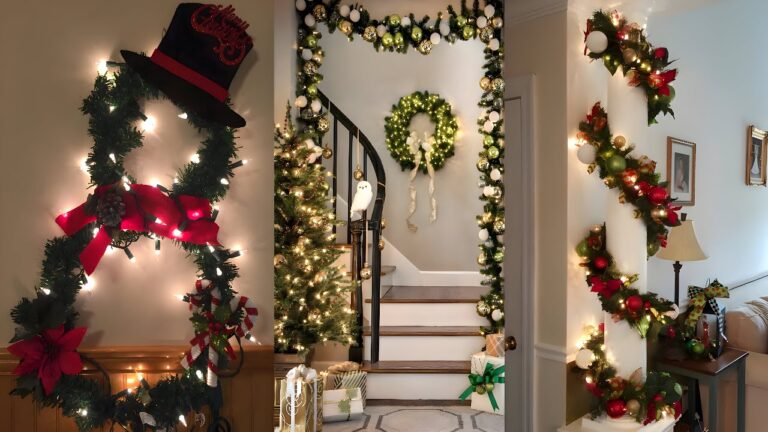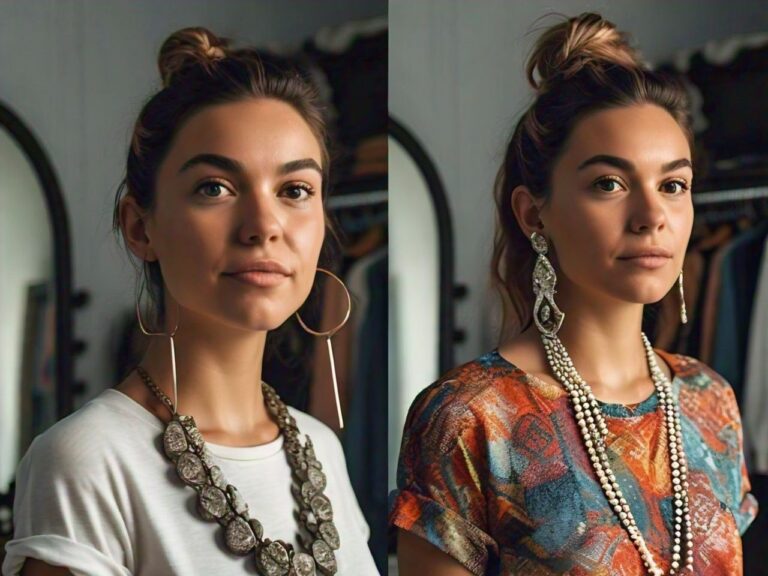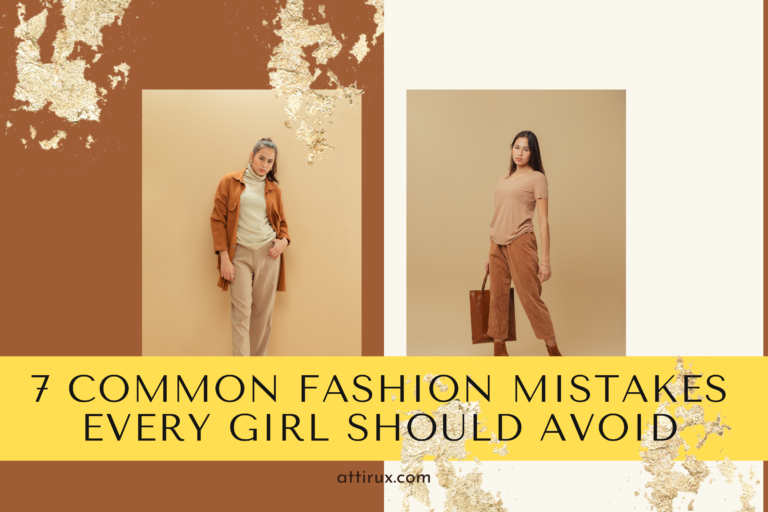
Hair is the biggest emblem for identity, culture, and individuality. To a significant number of people, who they are, their heritage, and what they went through can be found in how they wear their hair. For black women, however, it’s sometimes not by personal choice alone but because society pushes this at them, especially in an industry like fashion. One of the most striking examples illustrating how systemic biases inform individual choices to the detriment of personal expression is the general expectation that Black high-fashion models should cut their hair short.
Hair as an Indicator of Identity
Hair has a very important symbol within the Black community, from rich traditions of natural hairstyles to political statements of the Afros in the 1960s and 70s. Hair was a connection with identity, pride, and resilience. It is almost as if everything that had become celebrated in life becomes something to argue with when one talks about professional success.
The pressure towards conformity in most ideas of beauty brings the unnatural duality in imposing on Black models to change their looks and more often alter the hair just to fit into one mold instead of what represents who they are. Then comes this critical question. Why is there a silence that suggests the only way towards success as a model to be black is if this model had that cropped shaved look?
Uniformity in Preferences
One who observes closely the fashion scene will know that most black faces which pop up in super-commercial ads of high fashion chancier happen to carry a dark complexion and possess a bald haircut. Well, that’s a secret ingredient, as Ayekpa Anne-Laetitia says: to get noticed at the audition. It is amazing not only how narrow in scope definitions of beauty appear within this industry but how one might conform to it all so as not to be a standout.
Compare that to what happens with their white peers. White models are hardly or never compelled to trim themselves short or fit a defined mold. In such a case, an assumption is simply different, offering them more liberty to do as they please with their hair whether it is long, curls, or any variation as no professional action would be taken against their profession. This inequality points to the disturbing double standard-one stemming from a history of systemic racism and lack of diversity in fashion.
Voices from the Inside
Londone Myers, the talented young Black model, sums up with poignant clarity, “When Black models start, I feel like we all have to have short-cropped hair.”. Imagine if white models had to get a buzz cut. This statement not only shows the frustration of many Black models but also provokes readers to think about how absurd the expectation is. Why should one group of women be forced to conform to a standard that does not apply to everyone?
My experience is actually indicative of a larger issue. Most Black models admit that they have to change from their natural hair to get hired when white peers are still recruited and hired without their natural hair being scrutinized or questioned.
This leaves many looking uniform, failing to achieve individuality, and upholding a very dangerous belief regarding beauty and professionalism as well.
The Systemic Racism Impact
I think we need to understand systemic racism within the fashion industry itself, because the industry was always ruled by the dominance of white beauty standards with very little room for diversity in representation. Diversity is generally disqualified, which makes Black talent take a back seat, again making way for more systematic conformity.
For any black model, when appointed to walk on the catwalk or for a campaign, people would expect them to appear a certain way. Most people will expect long hair and think that it is how every woman should look like; therefore, this creates so much pressure on them that the idea of cutting their hair is not necessarily a power play but a decision to take in order to gain acceptance professionally.
Power vs. Compliance
It is also important to understand that most Black women do wear their hair short. It could be because it is what they like or for convenience, or just as an expression of identity. A buzz cut or a shaved head is by no means a bad thing in itself; such styles can empower and state individuality. It becomes a problem when cutting hair is not an option but a condition for getting ahead.
For many Black models, it creates an internal struggle the message of hair in the fashion world. For some, adopting shorter cuts becomes an expression of self; for others, worth and opportunities remain in appropriate replication of a placed ideal. This gap would mean feelings of inadequacy, confusion, and frustration as models struggle between the pursuit of professional success and the desire to be themselves.
A Call to Action
To bring the fashion industry closer to being more inclusive and fair, brands, designers, and casting directors must become aware of and work against biases that define beauty. Diversity in all its aspects-that is, representation which encompasses not only different skin tones but also different hairstyles, textures, and cultural expressions-should be the focus of the industry.
In short, fashion is a matter of creativity and uniqueness. It should applaud such uniqueness rather than crush it. The stories we perpetuate can help form attitudes about society, and fashion is in a unique position to redefine beauty. We should take the full scope of Black beauty: long hair, short hair, curly and natural, to bring new generations of models forward, who no longer need be bound by these dated ideas.
Conclusion
This pressure to have hair cut short is troubling and indeed a reflection of systemic biases present in the fashion industry as a whole. While that is a personal choice on the part of an individual, external expectations do weigh the decision for many Black women. As we fight to bring more diversity and more inclusion, we need to remember that each model stands uniquely, so we may give them the liberty of being themselves without any punishment.
Let’s work towards a fashion landscape where every woman, whether she is a woman of color or not, feels empowered to choose how she presents herself. Only then can we really celebrate beauty in all its forms.


